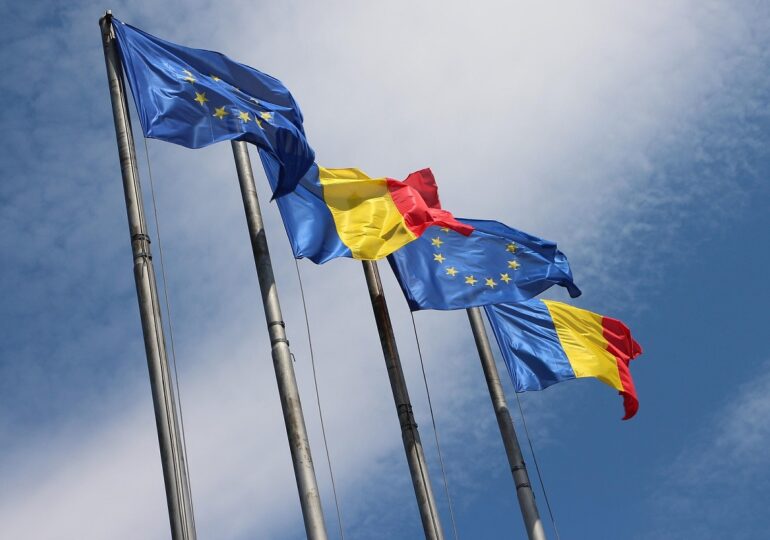Romania is one of the five countries in the European Union, alongside Bulgaria, Croatia, Italy, and Slovakia, which „intentionally undermine the rule of law in almost all aspects,” as shown in the annual report „Liberties Rule of Law,” published on Monday.
The report, compiled in collaboration by 43 human rights organizations from 21 EU member states and coordinated by the NGO Liberties Union of Civil Liberties for Europe (Liberties), highlights judicial systems subject to political manipulation, weak law enforcement against corruption, excessive use of fast-track legislative procedures, harassment of journalists, and increasing restrictions on peaceful protests, as reported by The Guardian.
„Europe’s democratic recession deepened in 2024. Without decisive actions, the EU risks further democratic erosion,” Liberties stated in a press release.
The organization analyzed the European Commission reports on the rule of law, intended to act as a democratic check on the health of EU member states. The NGO’s observations revealed „alarming persistence of rule of law violations across the European Union,” said Viktor Kazai, Liberties’ senior expert on the rule of law.
„All fundamental aspects of the rule of law have faced increasingly severe issues in recent years,” he added, while the EU’s attempts to reverse the decline have been „disappointingly limited.” The most concerning category of countries was those whose governments have taken measures to undermine the rule of law, Kazai mentioned.
„Among these states is Romania.” The report shows that the recent presidential elections in Romania revealed „how TikTok could enable a little-known ultranationalist to win,” while a bill to ensure the independence of the public broadcasting service has remained in parliament since 2021.
Two other neighboring countries of Romania are included in the most concerning category. In Hungary, long regarded as an „electoral autocracy,” researchers found a „significant regression” of the rule of law in 2024. Pressure on non-governmental groups and the press has intensified following the opening of the Sovereignty Protection Office in Hungary, which has broad powers to investigate active citizens in public life.
Similarly, in Bulgaria, the report examined how anti-corruption investigations were initiated against prominent political opponents of the government, while long-standing issues such as construction waste dumping in the capital Sofia persisted.
In Slovakia, there have been alarming signals regarding the numerous changes introduced by the government of nationalist populist Robert Fico, including the dismantling of the special prosecutor’s office focused on corruption and the introduction of a „Russian-style” law for foreign agents, which would require NGOs to be labeled as „foreign-supported organizations” if they receive more than 5,000 euros from abroad.
In Italy, researchers noted how the government of Giorgia Meloni has proposed granting „open competences” to the Ministry of Justice over prosecutors, increasing political control over the judicial system. „Unprecedented levels of interference in state media” were also reported, such as the cancellation of the writer Antonio Scurati’s „antifascist manifesto” and the disciplinary case opened against the talk show host who was to support the speech.
The document’s authors also mention that even the „model democracies” in north-western Europe, including France and Germany, have not been immune to problems.
The NGO calls on the European Commission to strengthen the EU monitoring exercise, linking it to the release of EU funds, as well as fast-track legal actions in case of rule of law violations.
T.D.

